
Knowledge Treasures
Why the time spent in the garden is so precious
A soothing retreat for body and mind
In a fast-paced world, we have to keep up with the pace and increasingly lose touch with what is essential. We should take a break from our daily lives more often to get back to our roots: nature.
Nature has always had a great influence on our well-being. When we dig, sow, weed and water, we are completely in the here and now, and the stress of everyday life becomes secondary. In addition, working in the garden and in nature has many other positive effects on our body and soul:
Good for the body
It’s no secret that daily exercise and fresh air are good for you. But they are even more enjoyable when you can combine them with a meaningful activity. Gardening is not just a trend, it has been shown to have numerous benefits for our physical and mental health (Howarth et al., 2020).
For example, studies have shown that gardening reduces the risk of several physical diseases, including heart attack, stroke, diabetes, and high blood pressure (Veldheer et al., 2023). In addition, the perception of pain changes and the musculoskeletal system improves. For example, people who suffer from joint pain feel this pain less when they are outdoors.
Balm for the soul
A garden can act as a natural antidepressant (Masashi et al., 2017). Bacteria living in the soil can have a positive effect on our psyche, and the germs strengthen the immune system, which in turn promotes mental health (Smith et al., 2019). Gardening also lowers the levels of the stress hormone cortisol (Van den Berg & Custers, 2011), and the green color of plants also stimulates happiness hormones in the brain. You can quickly forget your worries and problems when you work in nature and get creative with your own plants.
Natural Source of Vitamin D
Many people suffer from vitamin D deficiency. This is because we often spend too little time in the sun. However, vitamin D is a very special vitamin: it is the only vitamin that the body can produce itself, and the only nutrient that is not primarily absorbed from food, but from the sun. The sun’s warming rays not only lift our spirits, but are also essential for healthy cells and strong bones.
The lighter your skin type, the quicker you can meet your daily vitamin D needs: very fair skin types only need 10 minutes of direct sunlight a day. The easiest way to do this is through regular gardening.

Habitat for insects
While many people do not realize how important nature and the animals that live in it are to us, it is the small and often forgotten creatures such as insects that are indispensable to life on Earth – and therefore to our own existence. They make a significant contribution to biodiversity and help keep the ecosystem in balance.
Incorporating a variety of flowering plants into your garden is an important step in attracting and protecting insects. These flowering landscapes are not only an important source of food for their animal inhabitants, but also a visual enrichment for us humans.
A garden represents a place full of life; at the same time, it provides space for retreat and relaxation. Every moment we spend in nature enriches us on a physical and mental level.
Healthy lifestyle
A garden is the best starting point for a sustainable and healthy lifestyle. Instead of regularly shopping at the supermarket, you can grow your own fruits, vegetables and herbs in the garden. This way, in addition to exercise and relaxation, you can harvest healthy food. With everything you grow, you can be sure that no harmful chemicals have been used, and you know exactly where it came from.
Once you have watched your vegetables grow from seed to harvest, you realize how much time this process takes. You learn to adapt to the rhythm of nature, become more patient and appreciate the produce much more.
OUR RECOMMENDATIONS FOR YOU
4 min

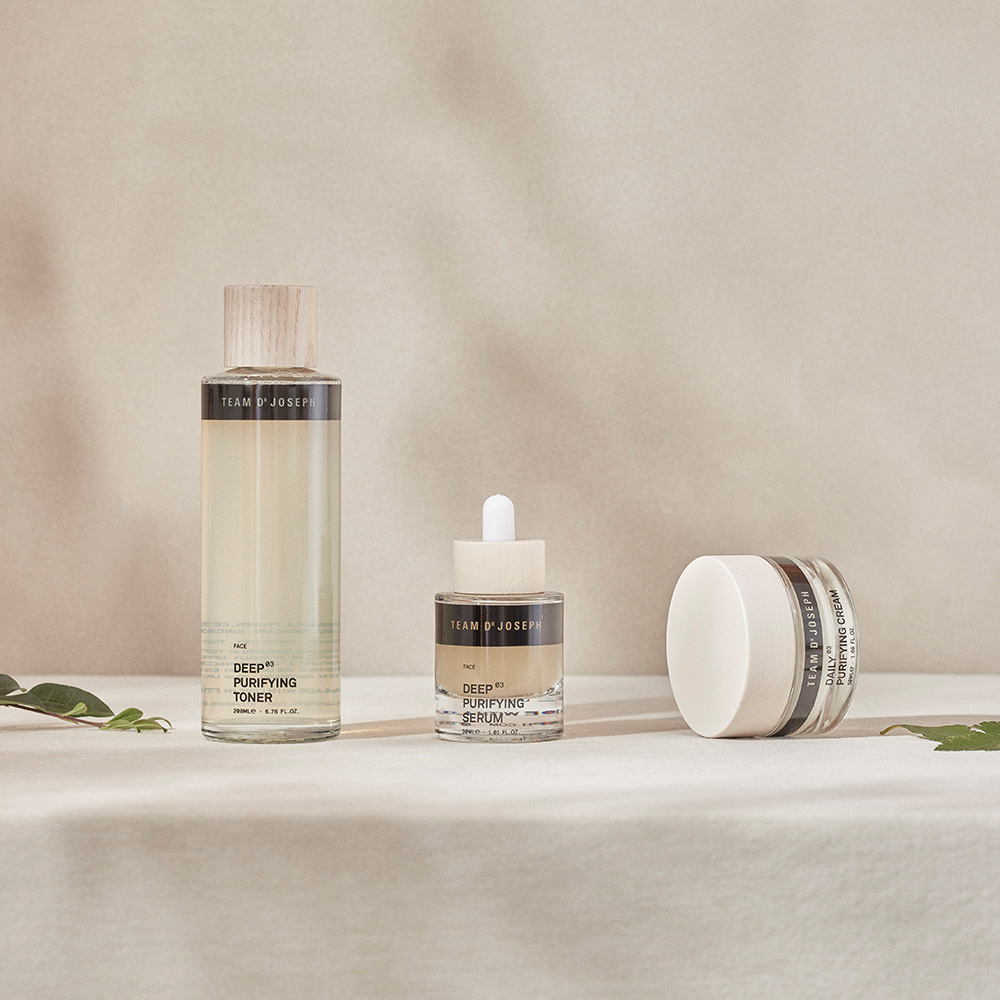
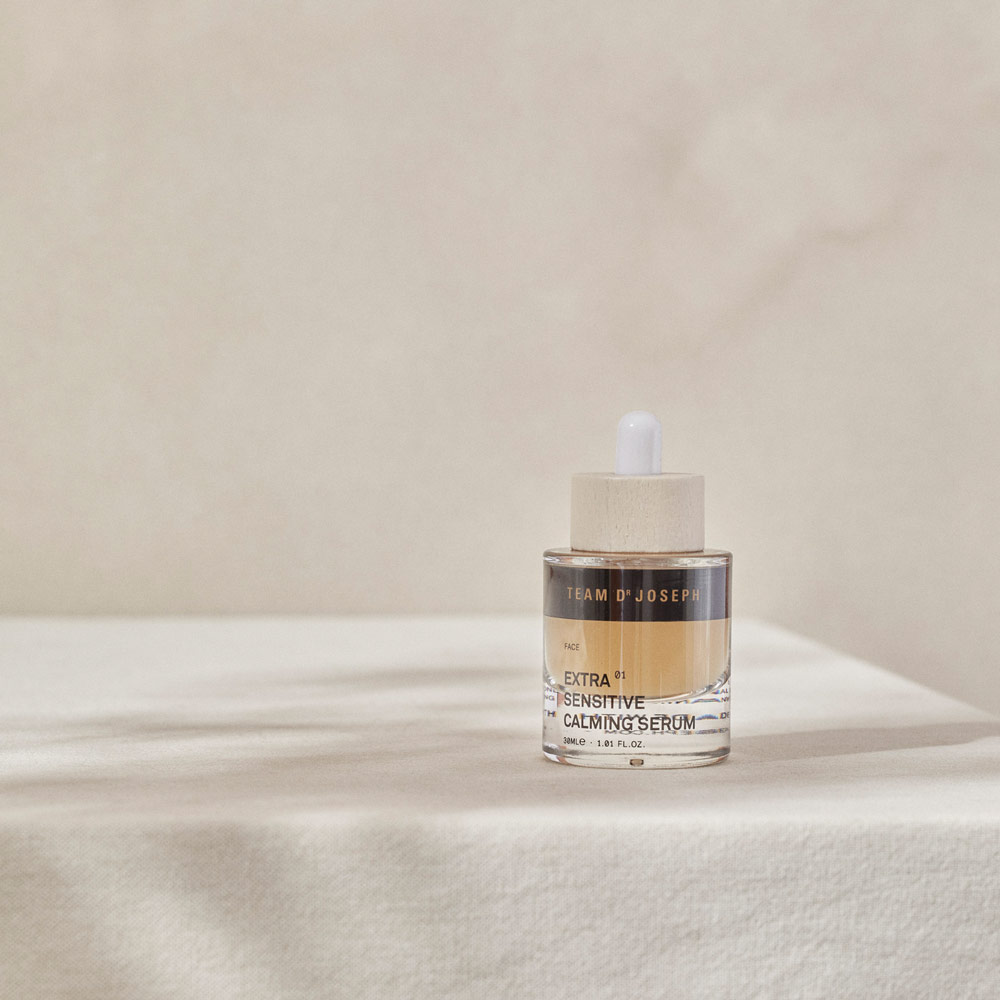
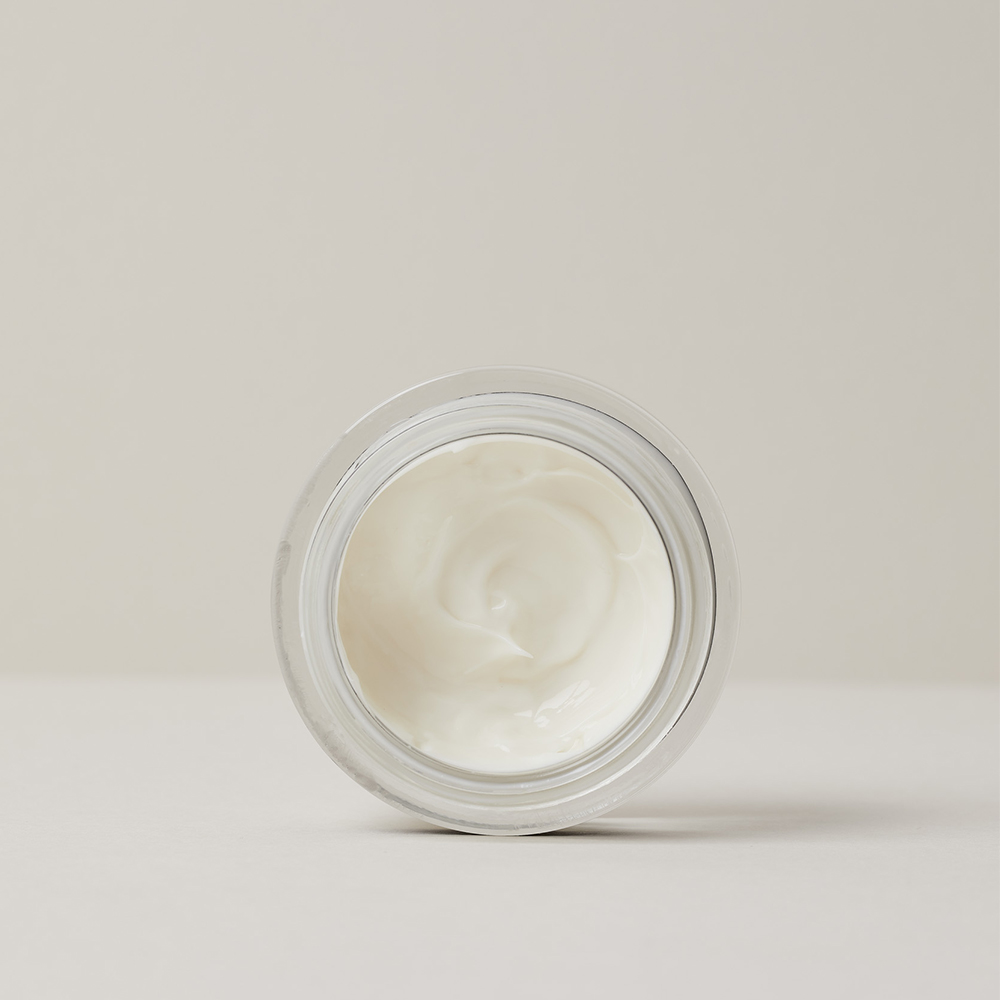
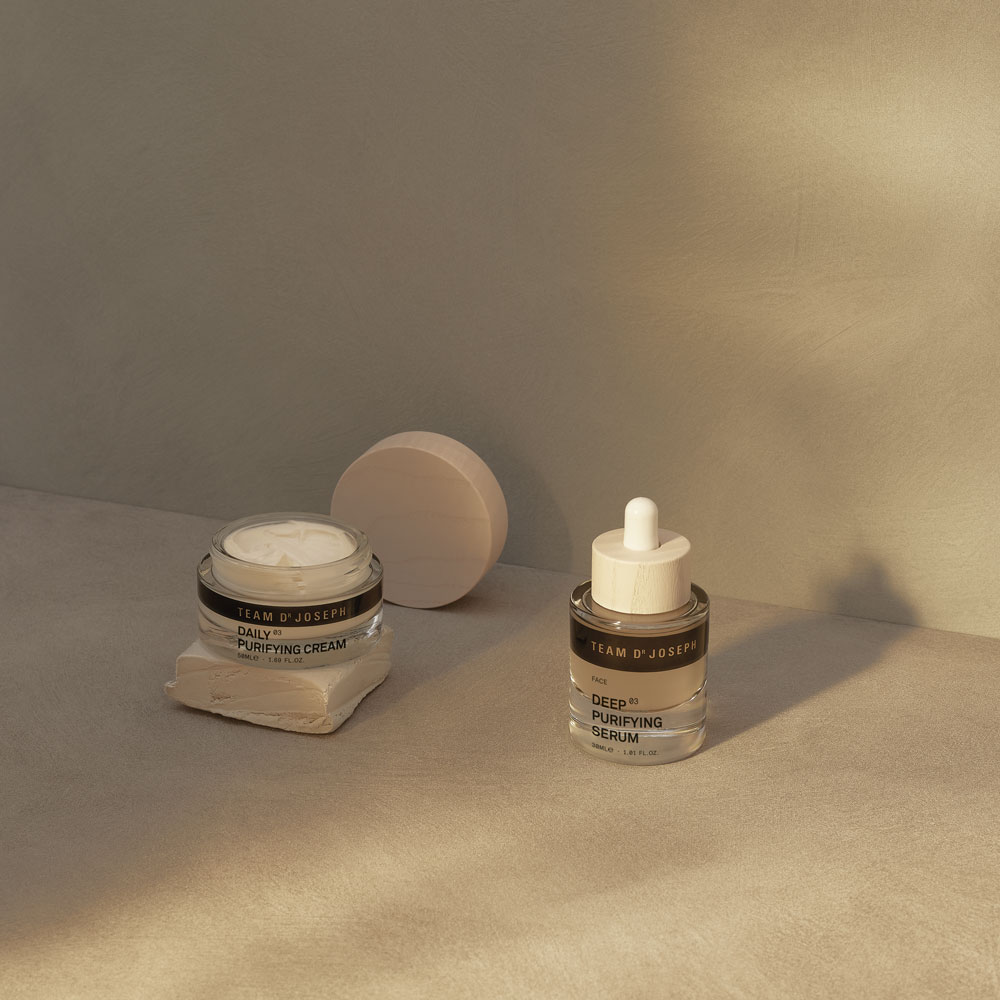
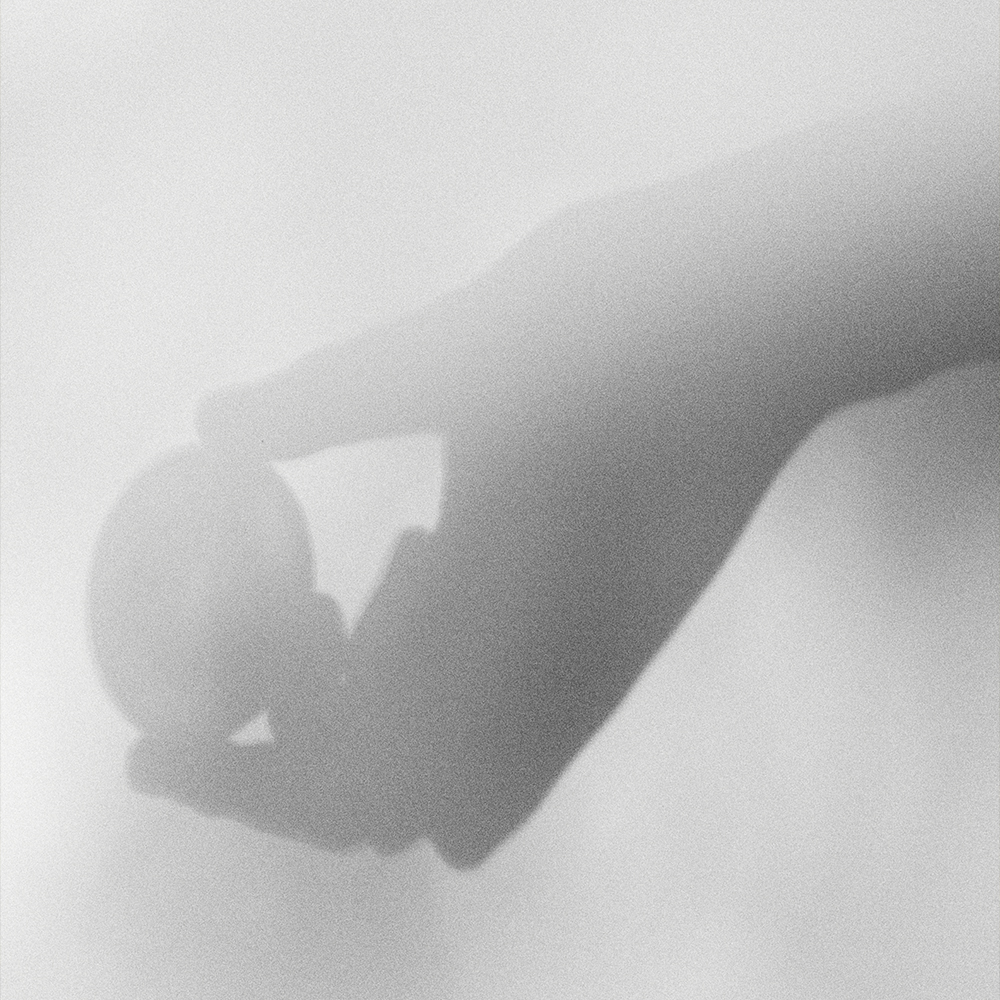

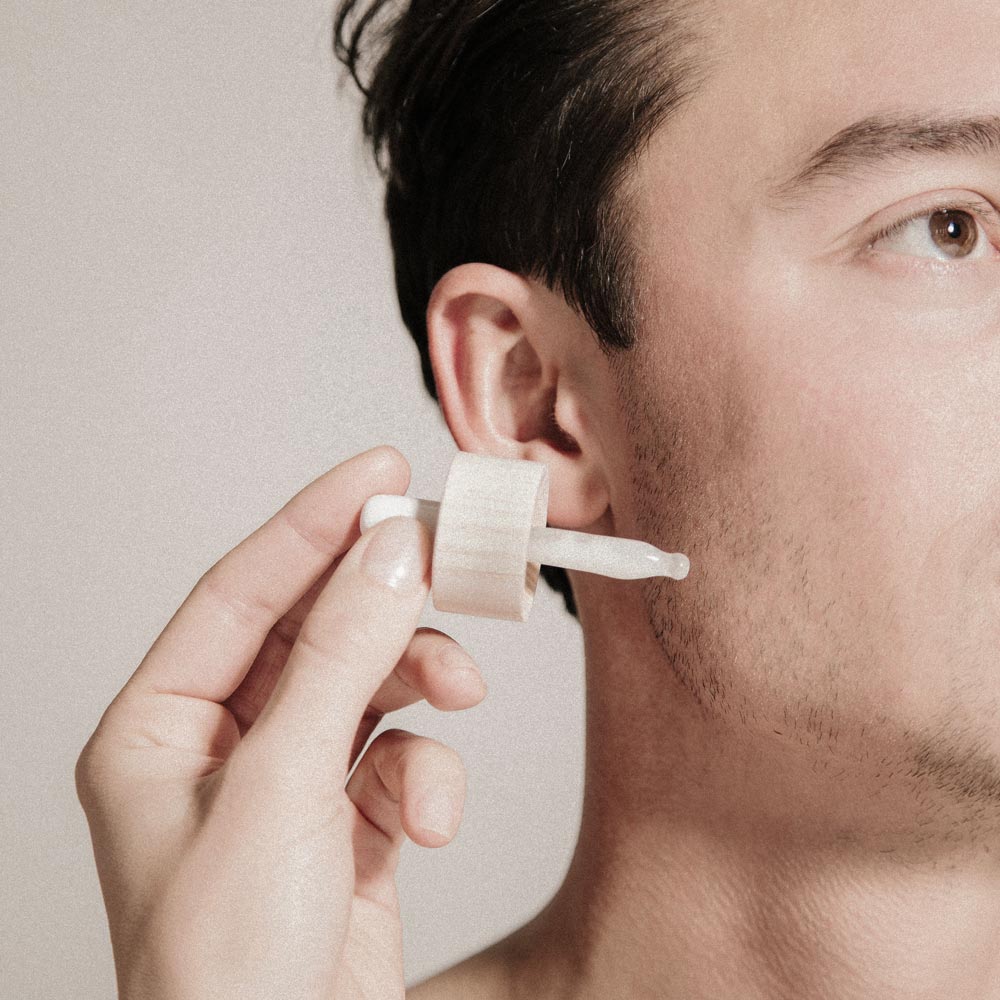

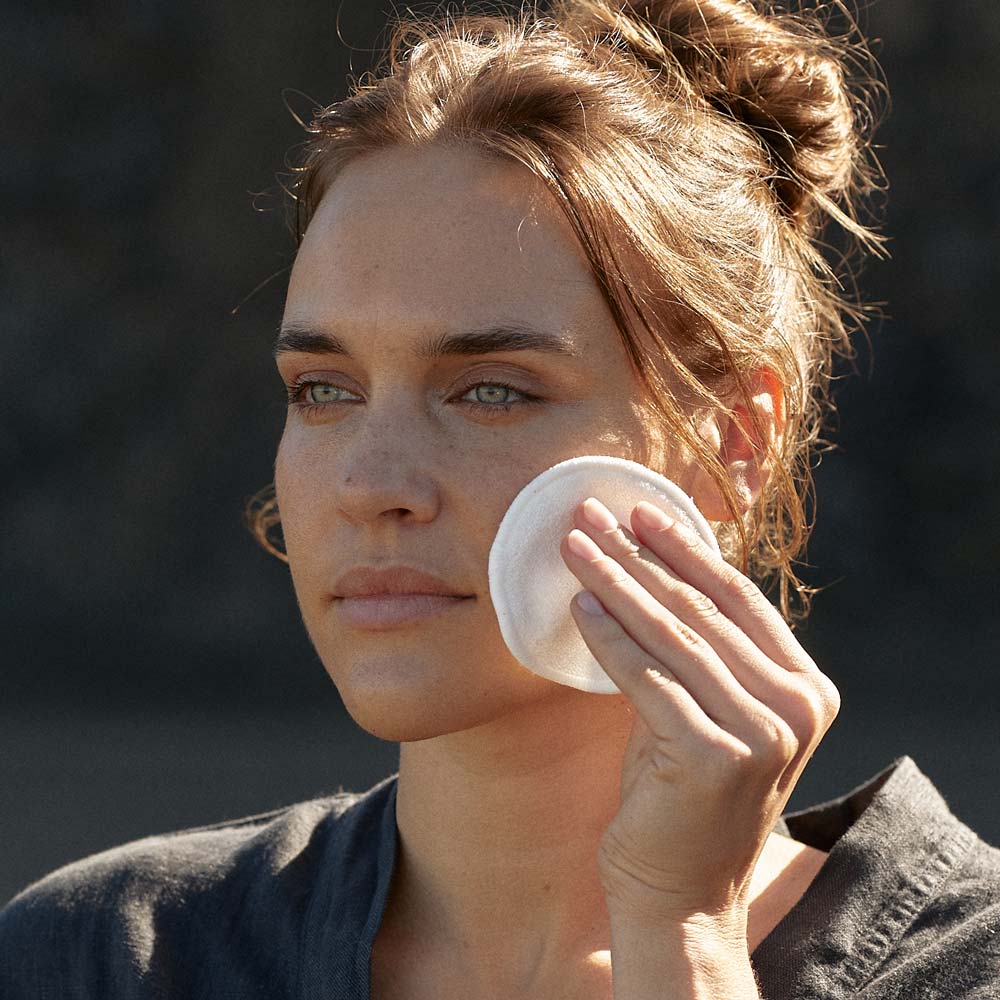
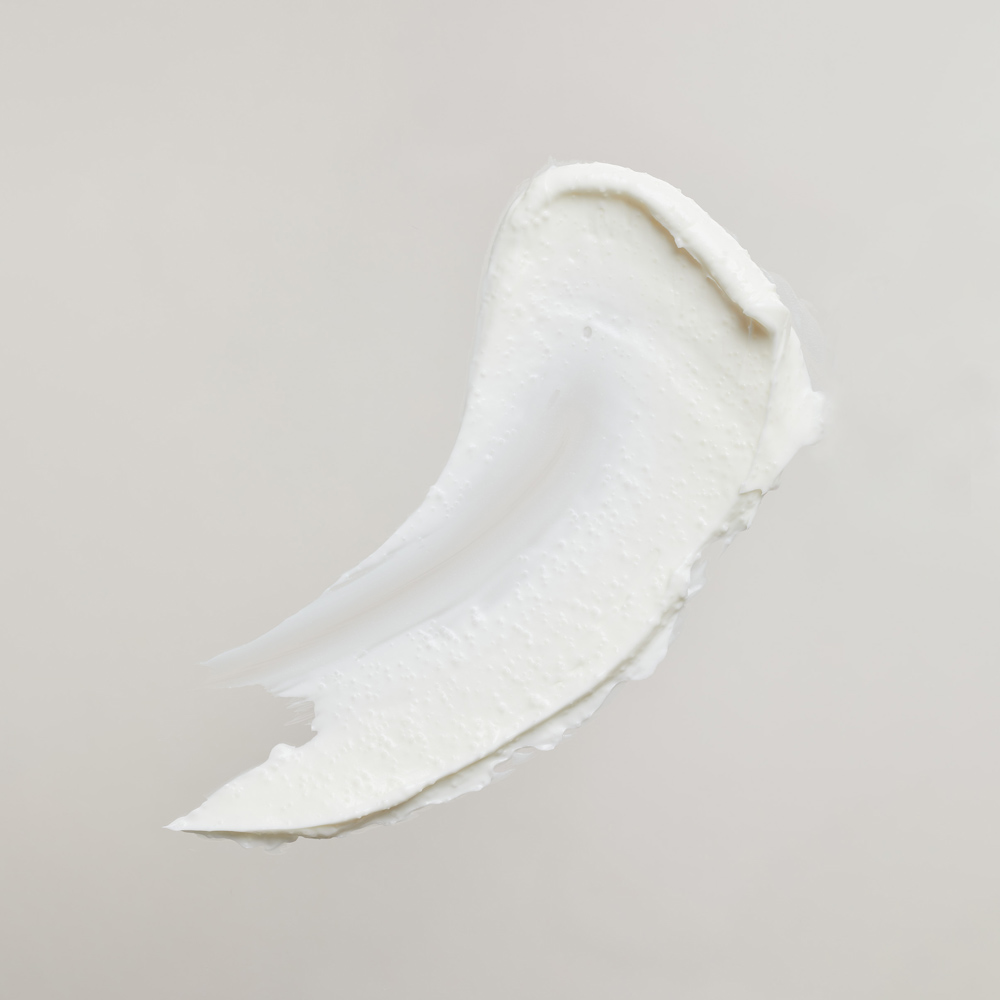
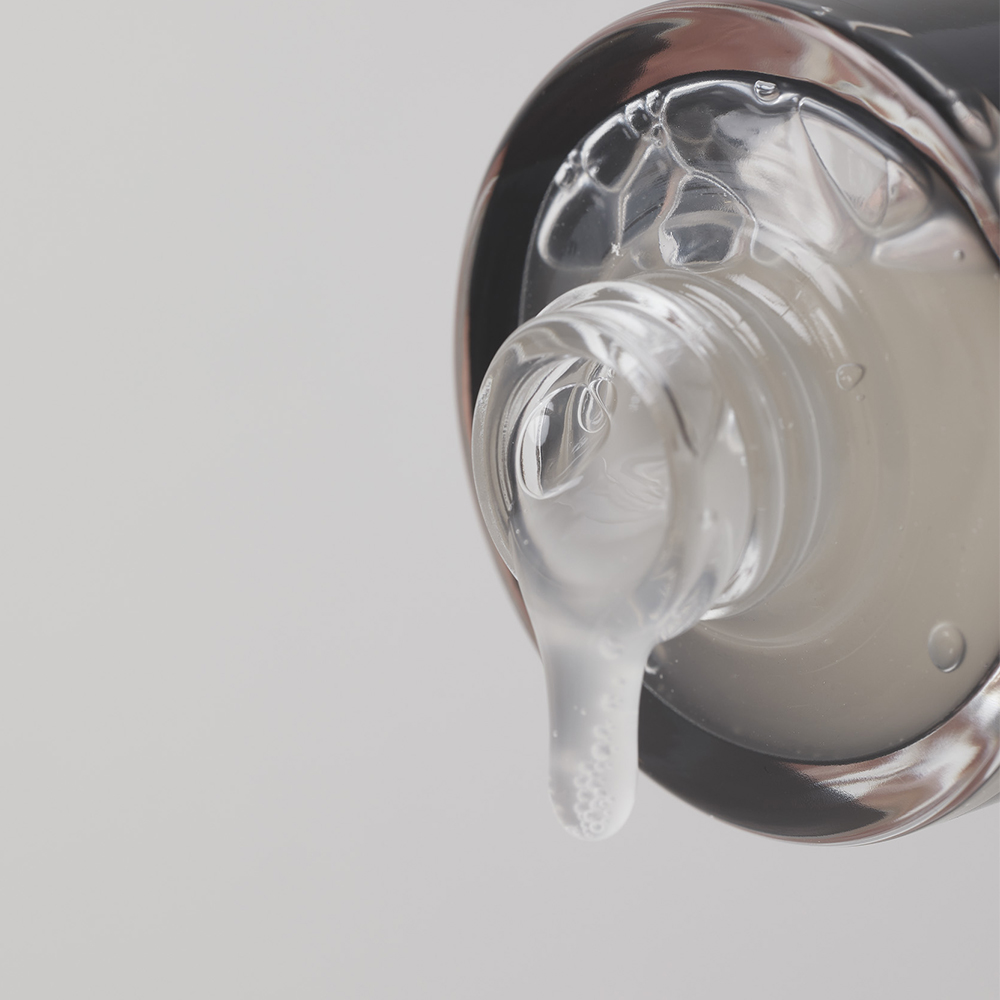
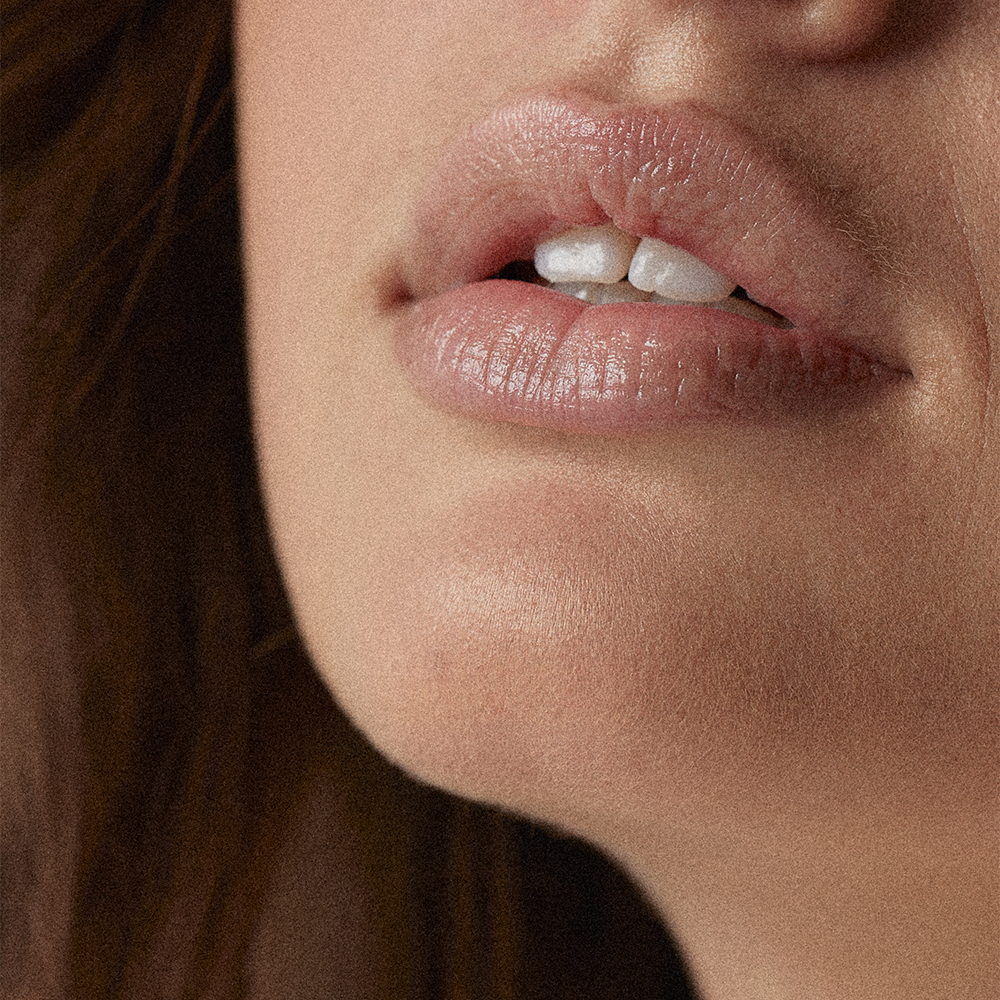
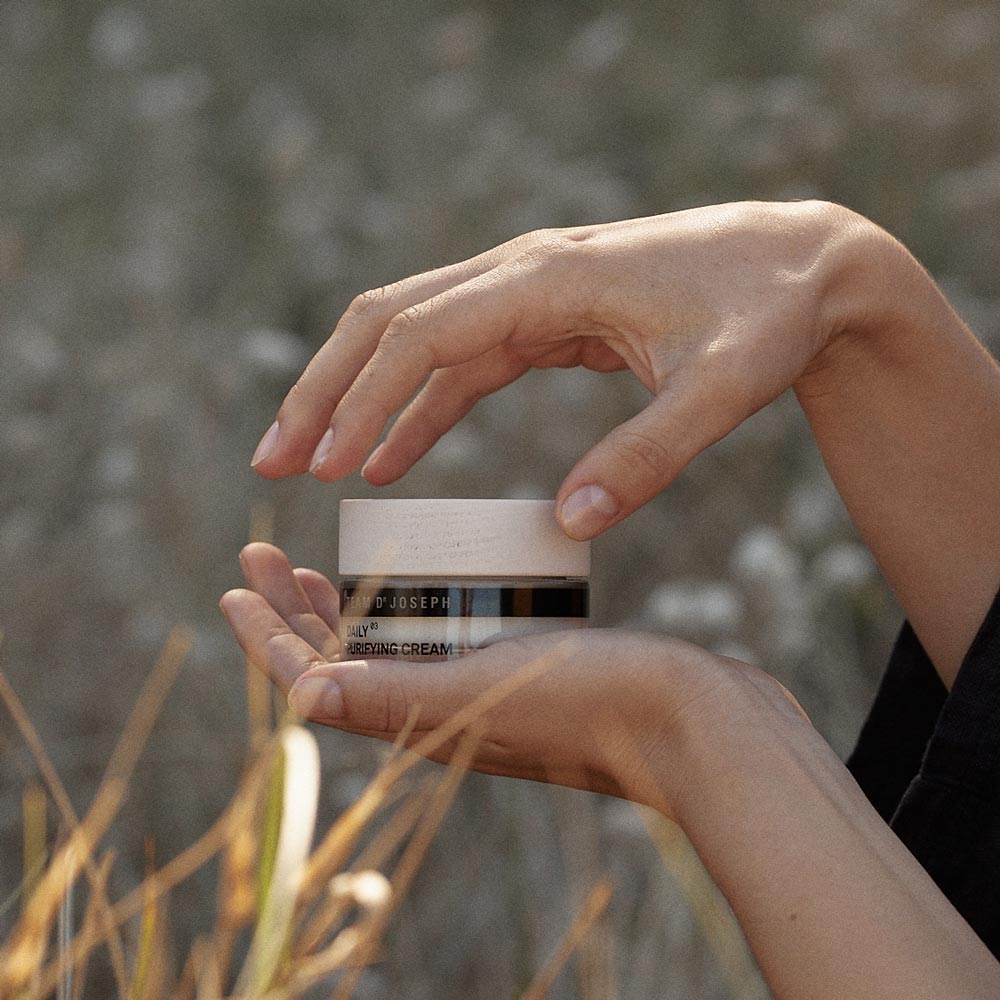



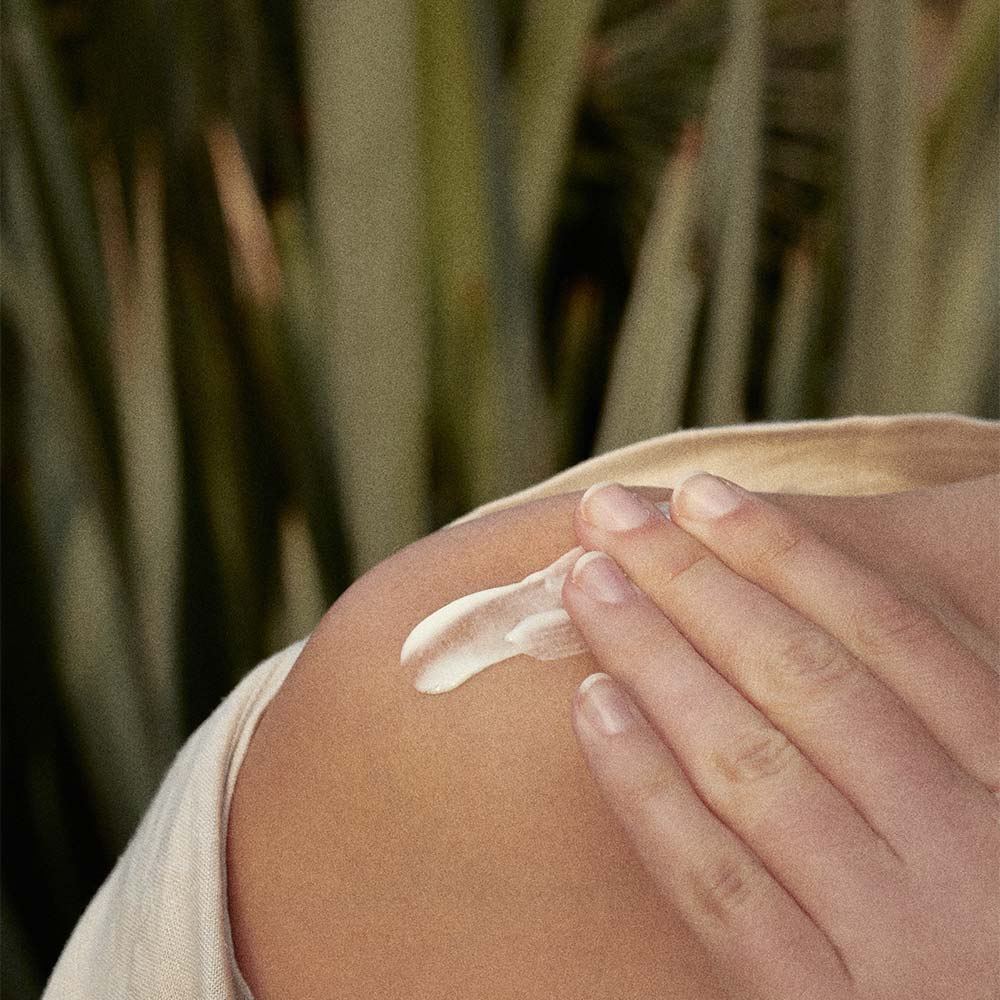
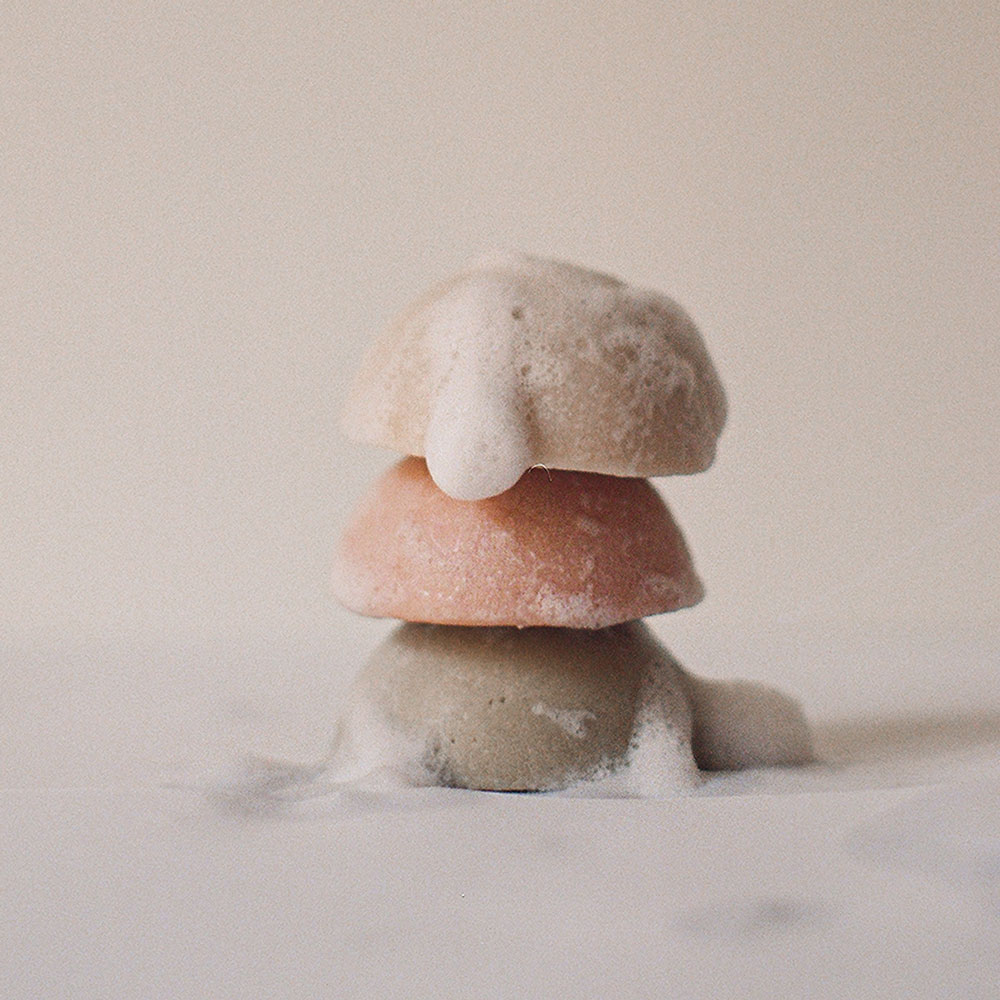
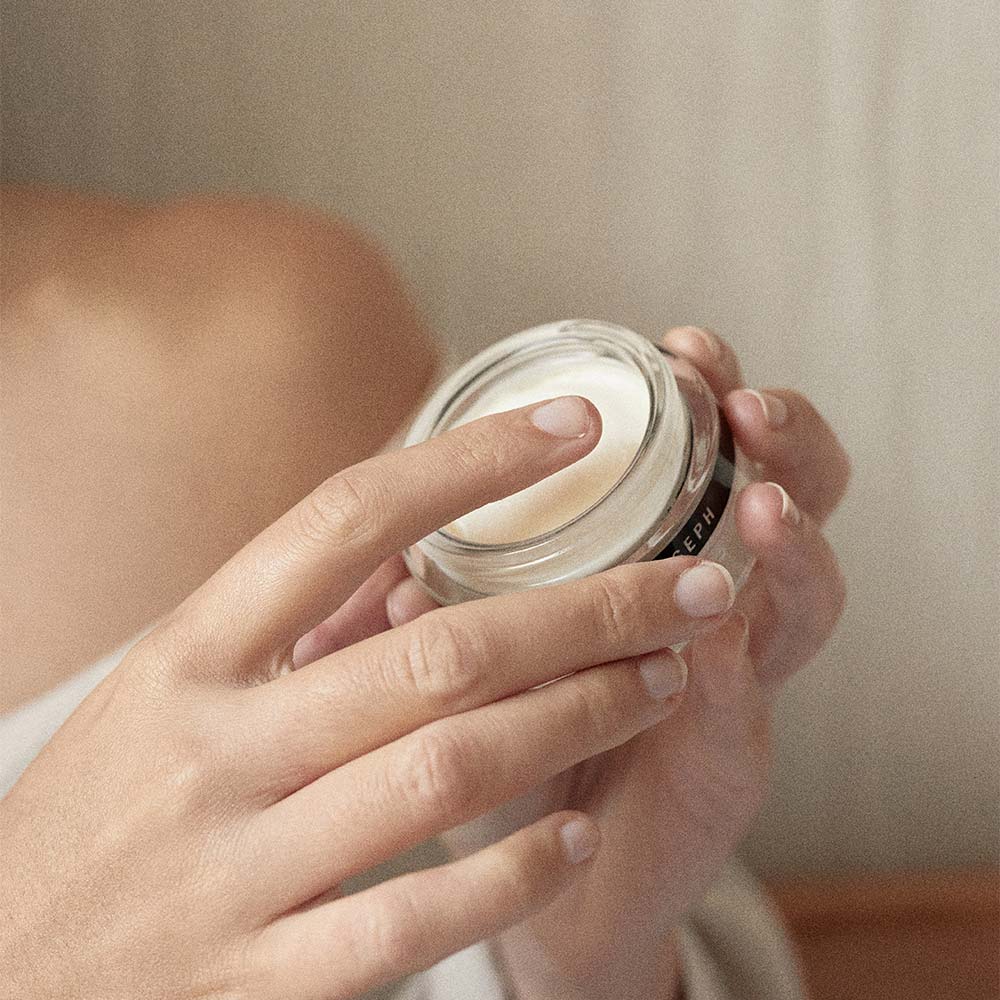





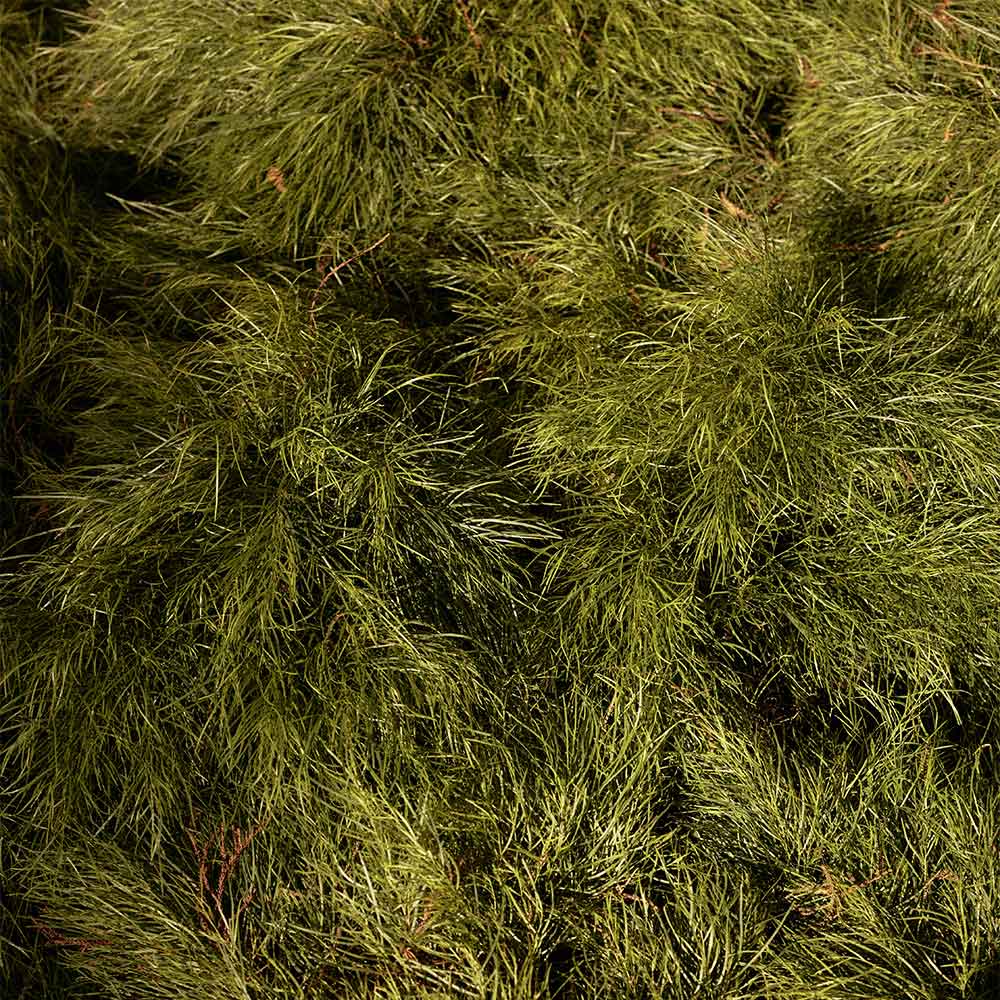










.png)

